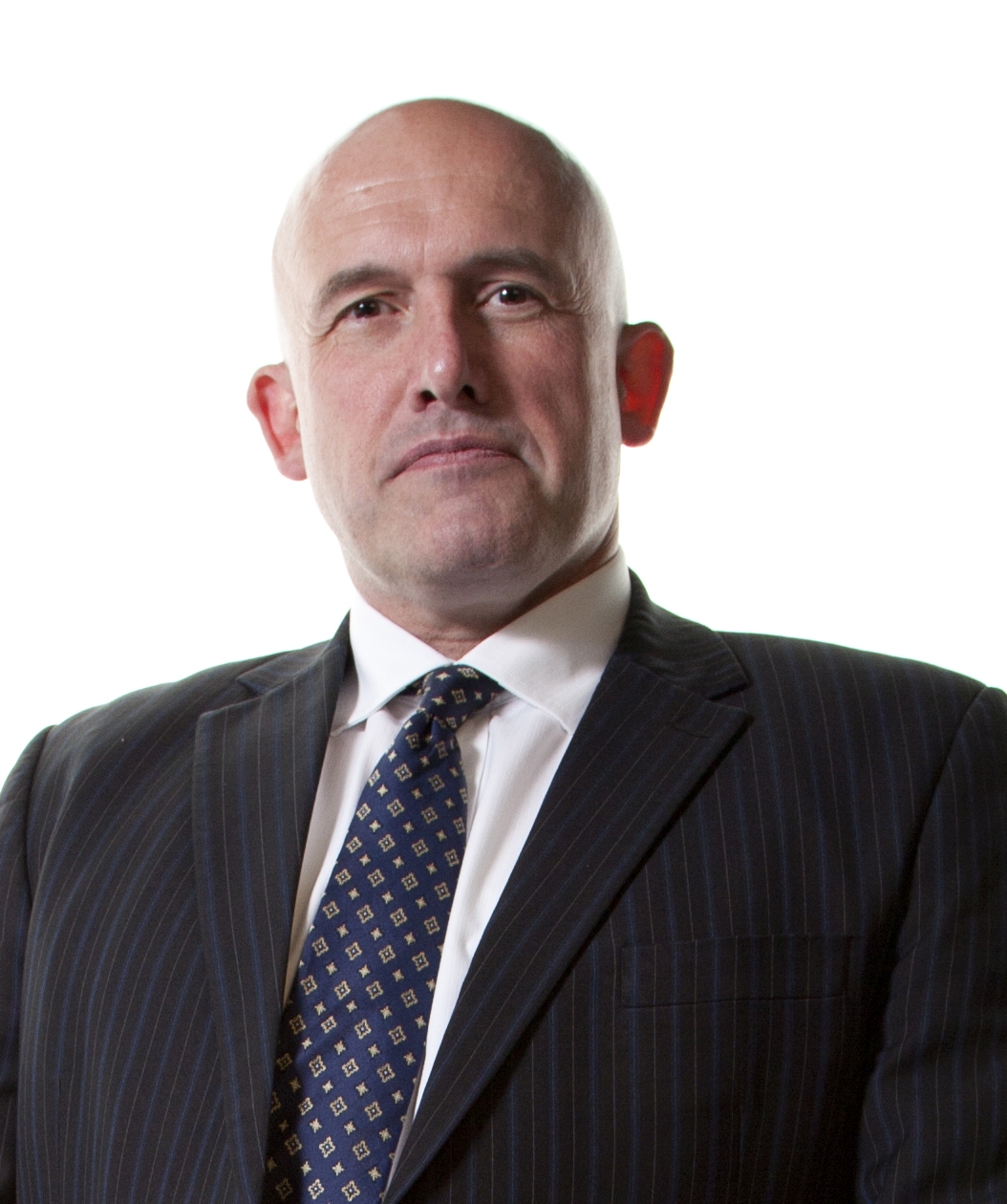What’s The Rush? - Why ‘Slow Education’ Isn’t Synonymous With ‘Slack’

Slow Education is no woolly ideology – it's actually a practical, logical and sustainable way of preparing young people for success in an increasingly fast-paced world, argues Mark Moorhouse…

As the brave new world of an academised landscape rushes towards us, what place is there for Slow Education and its premise of careful, reflective and deeper thinking and practice?
A very central one I would argue, as any headlong rush is dangerous – especially where our children, and thus the future of our very society, are concerned.
So, in taking a ‘Slow’ breath and looking around, what do we see?
Competing on different terms
To the West, there’s the provocation of the most powerful film about schooling to be produced in recent years. I was fortunate enough to catch the UK premiere of Most Likely to Succeed, which has caused a storm in the US and gone right to the heart of the ‘knowledge vs skills’ debate.
Most Likely to Succeed Trailer from One Potato Productions on Vimeo.
The film is timely for us here in the UK too, given the current stacking of compulsory knowledge learning – with all the pace and efficiency of a container port – into the English school system, in an obvious and wilful attempt to squeeze out anything other than flat-out cramming.
Now, I accept the fact that a higher bar with regard to the acquisition of knowledge capital is a good thing, and that initiatives within schools such as the evolution of IT into computing have been great steps forward. But to overload everything is to over-accelerate a timely corrective swing and hurtle us into a different kind of trouble.
David Price, in his enlightening book Open, demonstrates how our attempts to compete with the huge, knowledge-based educational systems of world powers such as China are doomed to failure. The English system simply cannot compete on the same terms as a nation in which a new university opens every week and a vast pool of highly-educated individuals are willing to work for comparatively low wages.
Instead, our national economic USP is innovation, building on a long British tradition of invention that has seen the creation of the microchip and carbon fibre. A schooling which weaves the highest standards of academic learning with developing pupils’ capacities for teamwork, problem-solving and real-world creativity would form a system that’s properly fit to secure our national future.
Achievement and excellence
Educational leaders in India are having the same idea. The VEGA schools in Gurgaon, opened by building tycoon Sandeep Hooda, expresses exactly this model of academic excellence combined with skills development. While he still employs the now-hated term ‘skills’, he is hardly a figurehead of the lefty ‘blob’.
I recently had the opportunity to meet him in his Chelsea club. Whilst I waited inside the door for him, someone sensing the relative penury tainting me tried to hand me their coat. It struck me more than ever at that moment that the VEGA schools raison d’etre is one of efficiency, and competitiveness, not some soggy ideology.
Similarly, ‘Slow’ is not an obstructive philosophy; rather, it stresses the imperative to work carefully and well, to achieve everything that our education system should.
It’s depressing that the Slow voices in our system are not held in higher regard. In addition to David Price, I am thinking here of Tony Little – the former boss at Eton of Slow Education’s Mike Grenier.
While suggesting that it was always best to ‘Make haste slowly’, Little posited the idea of replacing GCSEs with a School Learning Certificate – a system whereby maths, English and science would be mandatory, with students clustering whatever other qualifications were suitable for them around those three. One student might therefore do three languages, another might opt for engineering and workplace learning, and so on.
This simple antidote to the complex, committee-designed lunacy of the former administration’s Diploma initiative was a blast of clear logic. One that came from the headteacher of the jewel in the crown of English schooling, no less. It’s an idea that would have left us better-placed to achieve the world-class educational excellence and economic advantage we’re all striving for – and one that still could.
I revisit Tony Little’s suggestion here in the forlorn hope that a DfE mandarin rushing through these pages might Slow for a moment to at least re-consider the idea.
But if not, then there’s another possible way from the progenitor of the Slow Education movement, Professor Maurice Holt, who showed educators the wisdom that could be learnt from a research project undertaken by Jim Collins and Jerry Porras, which went on to form the basis of their book, Built to Last.
They surveyed of the very best companies of the last century, including the likes of Boeing and 3M, and were able to demonstrate that such institutions never chose to achieve one priority over another, but pursued them all concurrently, extremely well and without deficit.
As we enter a new age ourselves, as a profession we should Slow, and use our expertise and experience to find innovative ways of equipping the young people within our care with the excellent academic outcomes and sophisticated skill sets they will need to navigate the rest of this tumultuous century.
Thoughtful inventiveness
What might this look like? Well, one of values of the Slow Education philosophy is that it invites you to make the space to work things out for yourself as a professional, in your own time and context – and through a logical extension of this process, create the conditions required for your students to do the same. Put more simply, it enables yourself and others to ‘learn’.
For the record though, I can describe a piece of work at Matthew Moss High School which sought to achieve the double whammy of both academic excellence and dispositional growth.
Our Slow thinking led us to revisit the arsenal of insights achieved by the Learning Futures programme, led by the Innovation Unit and the Paul Hamlyn Foundation. This pioneering work, since validated by many of the findings of the Education Endowment Foundation, was as much about outcomes as it was about engagement (I still remember a bashing meted out by Valarie Hannon, a Director of the Innovation Unit, about the importance of results).
One of the themes established by the work concerned ‘Extended Learning Relationships‘ [PDF, p20], and how teachers are not the only people who can be a source of learning – which is just as well, considering we’re in danger of burning them out right now.
This idea sprang to mind when I visited Rochdale Sixth Form College (RSFC),which is perhaps the best institution of its type in the country, and met marvellous young people, many of whom were wiping tables in cafes on weekends for minimum wage.
Julian Appleyard, the Principal of RSFC, gave the green light to a scheme in which Y12 students from the college were paid to coach Matthew Moss students in a workshop setting at the school, in sessions lasting for four hours each Saturday. Between 100 to 150 Y9, Y10 and Y11 students attend voluntarily for the full four hours, and we’ve observed that regular attendance has resulted in improvements of a whole grade at GCSE – a win for knowledge acquisition, as well as win-win for self-development. In this instance, the sharing of effective strategies and positive dispositions for learning – and even aspiration and life-script – are equally evident.
Slow is definitely not synonymous with Slack. The thoughtful inventiveness that can flow from its simple mantra will increase our capacity to achieve everything we want within this wonderful mission of ours as educators. Given the pressures of the time, Slow Education is hardly an anachronism – right now, it’s an absolute necessity.
Mark Moorhouse is Headteacher of Matthew Moss High School, Rochdale. A trustee of the Slow Education organisation, he is also active in the Ashoka Changemaker Schools Network and the Global Schools’ Alliance












